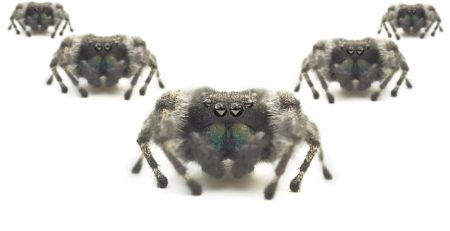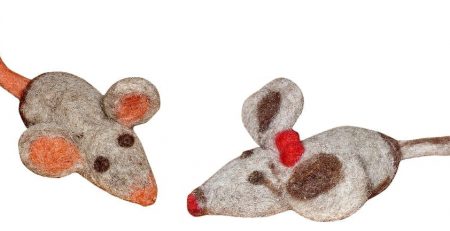Scientists Told Us to Eat Less Red Meat, Now it Looks Like They May Have Been Wrong
A group of 14 researchers in seven countries, along with three community representatives, is causing a great deal of controversy in the public health research community after publishing a series of analyses concluding that the advice that we should abstain from consuming red meat and processed meat because of concerns that these foods are linked to a number of diseases, including heart disease and cancer, “is not backed by good scientific evidence,” The New York Times reports.
The researchers concluded that, even if there are health benefits linked to eating less beef and pork, they are minimal. “The certainty of the evidence for these risk reductions was low to very low,” Dalhousie University epidemiologist Bradley Johnston, leader of the group responsible for this research, said.
To develop the papers that were published in the Annals of Internal Medicine the panel reviewed over 150 studies, which included more than six million participants a release from Dalhousie University states.
“In one review of 12 trials with 54,000 people, the researchers did not find a statistically significant or important association between meat consumption and the risk of heart disease, diabetes or cancer,” the release continued. “In three systematic reviews of studies following millions of people, they noted a very small reduction in risk among those who had three fewer servings of red meat or processed meat a week, but the association was uncertain.”
While Dr. Johnson notes that he did expect some criticism for publishing work that goes against conventional beliefs, The American Heart Association, the American Cancer Society, the Harvard T.H. Chan School of Public Health and others have condemned the research. A statement from scientists at Harvard went so far as to warn that these conclusions “harm the credibility of nutrition science and erode public trust in scientific research.”
At the end of the day, however, Dr. Johnson just hopes that this research will help individuals make more informed decisions. “If there is a very small risk reduction – and the evidence base is uncertain, people then need to make their own decisions rather than having governments tell us we should reduce our red and processed meat consumption without being transparent and rigorous with their methods,” he said.














